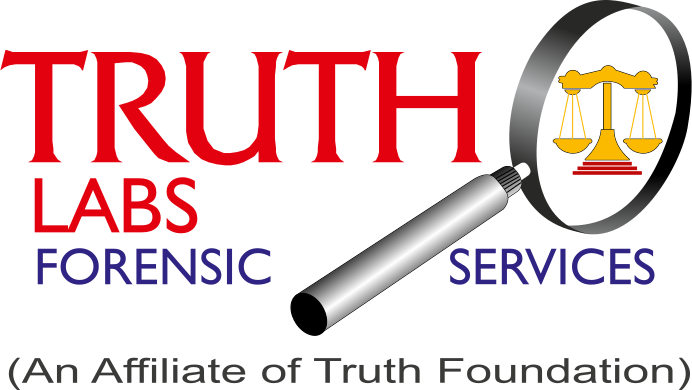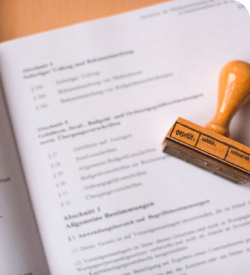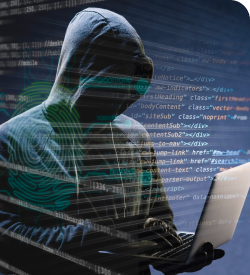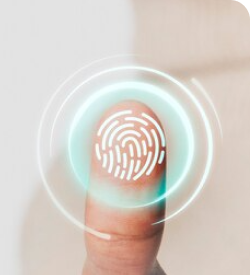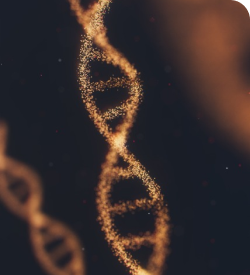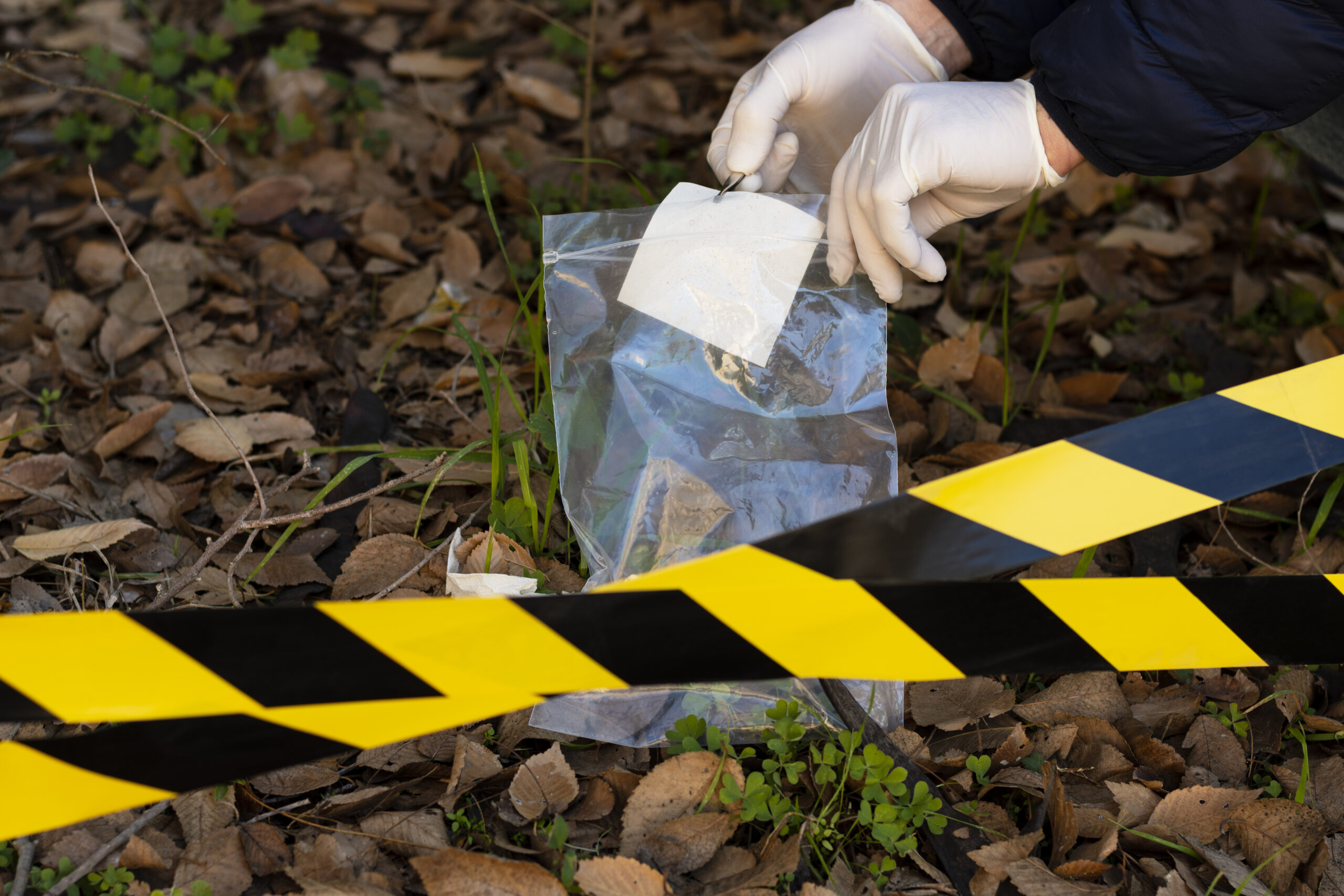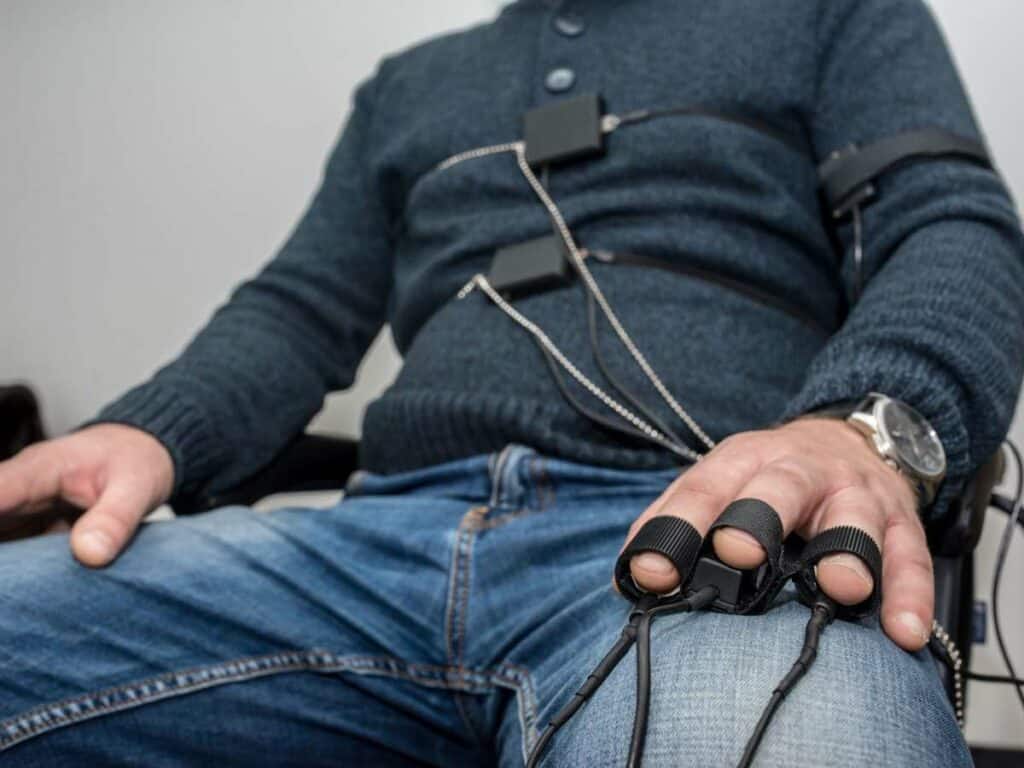Forensic Anaytical
Scientific analysis of physical evidence encountered at the crime scene, and from the victims, and the suspect besides various locations the evidence is spread and thereafter analysis of such evidence for linking them to find the truth about how, when, where the incident occurred and who is the perpetrator is the purpose of Forensic Science. Forensic science, simply defined is collection of all evidence in the form of materials for analyzing by application of various scientific methods and techniques to investigate and solve crimes. It involves the collection, analysis, and interpretation of various types of physical evidence, such as fingerprints, documents, blood, saliva, hair, fibers, firearms, computer disks, devices, mobile phones, etc. By utilizing advanced technologies and methodologies, analytical forensics aims to provide objective and reliable evidence to support criminal investigations and legal proceedings.
In forensic science, there are several key areas that play a crucial role in investigating and solving crimes. Here are some of the main areas:
• Questioned Documents: This involves analysis of the various writing characteristics of an individual such as speed, movement, pen pressure, etc., and difference in the tint of ink, paper for detecting various types of forgeries etc.
• Fingerprint Analysis: Fingerprint analysis is the study of unique patterns and ridges on fingertips. It helps identify individuals and link them to crime scenes.
• DNA Analysis: This involves examining DNA samples collected from crime scenes or individuals to identify suspects in assaults, rape, paternity disputes, human trafficking, etc. or establish connections between evidence and individuals involved in a crime.
• Trace Evidence Analysis: This area involves examining and comparing microscopic evidence such as fibers, hairs, glass fragments, paint chips, and soil samples found at the crime scene or with the victim, suspect or their belongings.
• Digital Forensics: Digital forensics focuses on retrieving, analyzing, and interpreting digital evidence from devices like computers, smartphones, and other electronic media to uncover information relevant to a crime.
• Forensic Psychology: Forensic psychologists study human behavior and provide insights into the psychological aspects of criminal cases. They evaluate suspects, witnesses, and victims to assess their mental state, credibility, and potential motives.
• Incident Reconstruction and Analysis of cause of occurrence: In cases of vehicular accidents, fire incidents, property thefts, frauds in banks, corporates or other organizations, the detection of cause and manner of occurrence of incident can be detected by analysis of material evidence collected from the incident sites.
These are just a few key areas within analytical forensics. Each area requires specialized knowledge, techniques, and tools to support criminal investigations. It’s a multidisciplinary field that combines science, technology, and critical thinking to help solve mysteries and bring justice.
